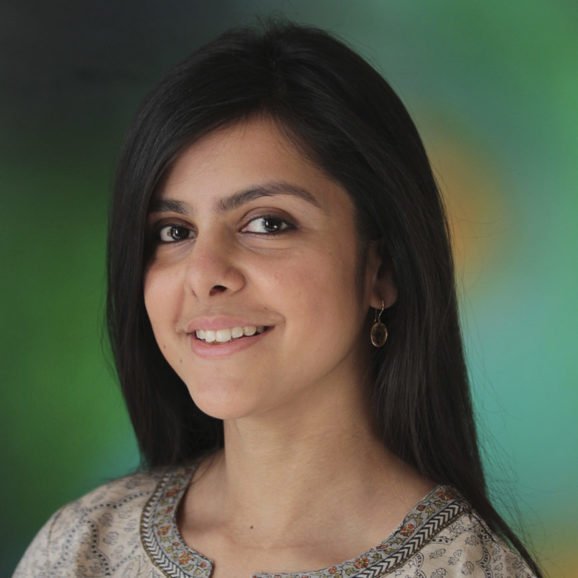Amba Kak Urges for Democratic Control Over AI Development
Amba Kak, executive director of the AI Now Institute, has been recognized as one of Time magazine’s "100 Most Influential People in AI 2024," alongside prominent tech leaders like Sundar Pichai and Satya Nadella. In an interview with Sunday Times, Kak expressed her concerns regarding the concentration of power within a few tech giants and the urgent need to address what she terms the "snake oil" nature of AI.
Reflecting on her inclusion in the Time list, Kak acknowledged that her decade-long work in technology policy is part of a broader effort to shape technology for public benefit. She noted that the recognition signals a growing awareness among governments about the dangers posed by the monopolistic practices of major tech firms, which often evade scrutiny.
Kak criticized the narrative surrounding generative AI, particularly the elevation of figures like Sam Altman as saviors of technology. She emphasized that this perception is part of a larger trend of marketing that obscures the reality of a highly concentrated industry. The Federal Trade Commission has warned consumers about misleading claims in AI, which are often packaged in terms like "openness" and "democratization."
On the topic of AI regulation, Kak argued that it cannot be viewed in isolation from other tech regulations, such as data privacy and competition laws. She emphasized the importance of expanding the definition of expertise in AI discussions, advocating for the inclusion of voices from sectors directly impacted by these technologies.
Kak highlighted concerns about the narrow corporate control over AI development, particularly the dominance of a few companies in accessing cloud infrastructure and data. She pointed out that 75% of global AI startup funding in 2023 originated from just three major tech firms—Amazon, Microsoft, and Google—allowing them to shape the future of innovation to their advantage.
Among her worries is the societal impact of AI technologies, which can lead to issues like plagiarism, misinformation, and the proliferation of deepfakes. Kak pointed out that the harms caused by these technologies are already evident, particularly in systems like predictive policing and job screening, which often disadvantage marginalized communities.
Finally, Kak called for a reexamination of the prevailing narrative that AI will inherently improve the world. She urged a broader conversation about sustainability and alternative research and development trajectories that are often overlooked due to the current market incentives.
By advocating for greater public agency and involvement in shaping the future of AI, Kak underscores the need for a more democratic approach to technology development.







